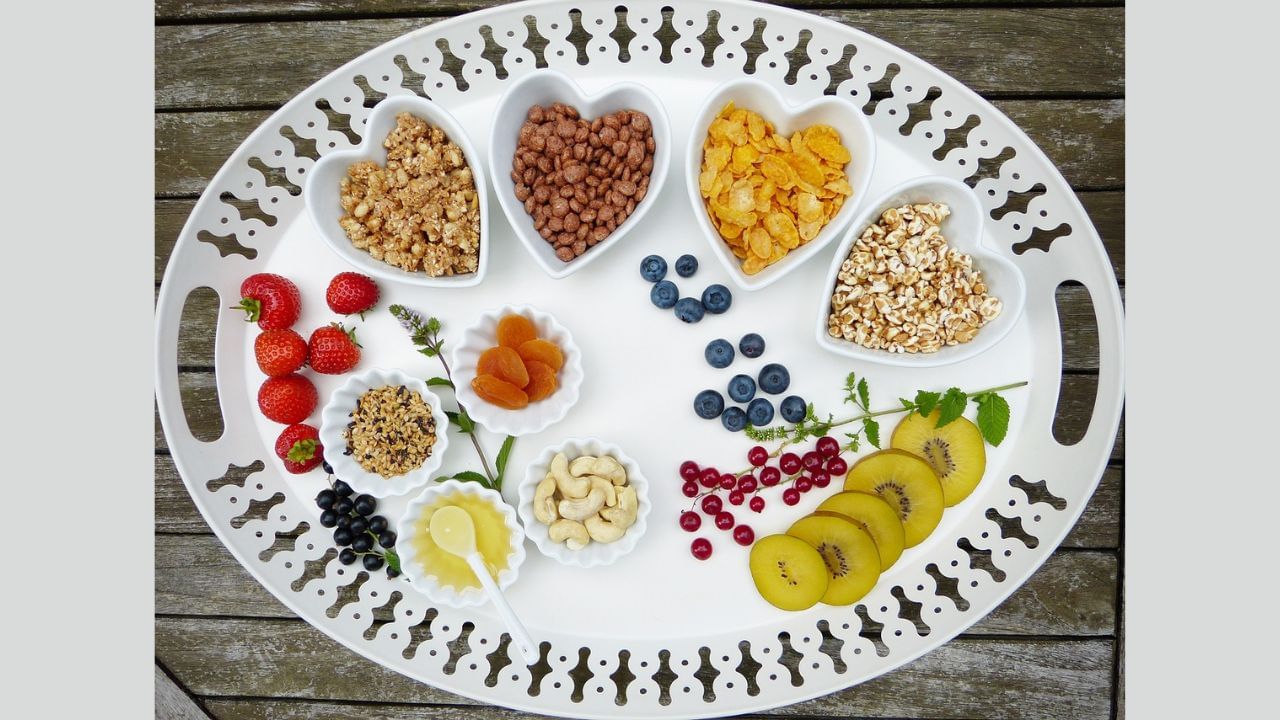In recent years, cardiovascular diseases have increasingly affected younger individuals, shifting away from the traditional perception that heart-related issues are primarily age-related. The rise in heart diseases among younger populations can be attributed to several factors, including poor dietary choices, lack of a healthy lifestyle, elevated blood pressure, and high levels of bad cholesterol. Within our bodies, cholesterol exists in two forms: HDL (high-density lipoprotein), known as “good cholesterol,” and LDL (low-density lipoprotein), referred to as “bad cholesterol.” An excess of LDL can lead to plaque accumulation in arteries, thereby increasing pressure on the heart and heightening the risk of heart disease.
To maintain heart health, it is essential to boost levels of good cholesterol through the inclusion of healthy fats in our diets. Below, we explore various foods that are rich in good fats and can contribute positively to your heart health.
Nuts and Seeds
Nuts and seeds are excellent sources of healthy fats and can significantly help elevate HDL cholesterol levels. Nuts like almonds, walnuts, and cashews are packed with omega-3 fatty acids, which contribute to heart health. For those following a vegetarian diet, incorporating these nuts daily can be highly beneficial. Additionally, seeds such as flaxseeds, pumpkin seeds, and chia seeds are also rich in omega-3s and offer substantial health benefits. Snacking on a handful of nuts or adding seeds to your meals can be a simple yet effective way to support your heart.
Soy Milk and Tofu: Health Benefits
Including soy products like soy milk and tofu in your diet can play a significant role in increasing healthy fat intake. Soy milk is a nutritious alternative to dairy and can help raise HDL levels. Tofu, which is also derived from soy, is an excellent source of protein as well as healthy fats. These versatile ingredients can be incorporated into various dishes, from smoothies to stir-fries, making it easy to enjoy their heart-healthy benefits.
Fatty Fish: Rich in Omega-3
For non-vegetarians, fatty fish are among the best sources of omega-3 fatty acids. Fish varieties such as mackerel, salmon, and sardines abound in these healthy fats, which are essential for maintaining cardiovascular health. Regularly including these fish in your diet can help improve your overall cholesterol profile and reduce the risk of heart diseases. Baking, grilling, or steaming these fish are healthy cooking methods that preserve their nutritional value.
Oils That Benefit Your Heart
Choosing the right cooking oils is crucial for keeping bad cholesterol levels in check. It’s advisable for individuals with high LDL cholesterol to limit their intake of fried foods, as these often contain unhealthy saturated fats. Excellent alternatives include olive oil, avocado oil, chia seed oil, and sesame oil. These oils not only add flavor to meals but are also rich in monounsaturated fats that can help raise HDL cholesterol. When preparing meals, consider using these oils as healthier options to boost heart health.
The Importance of a Balanced Diet
In addition to including foods that promote good cholesterol, it’s vital to avoid those that can increase bad cholesterol levels. Reducing the intake of processed foods, trans fats, and excessive sugars can significantly improve overall heart health. A well-balanced diet, incorporating various food groups with an emphasis on whole, nutrient-dense ingredients, plays a pivotal role in managing cholesterol levels.
Taking proactive measures to improve your heart health through dietary changes is achievable. By focusing on foods rich in good fats, you can create a heart-healthy diet that not only feels great but also supports your overall well-being.












